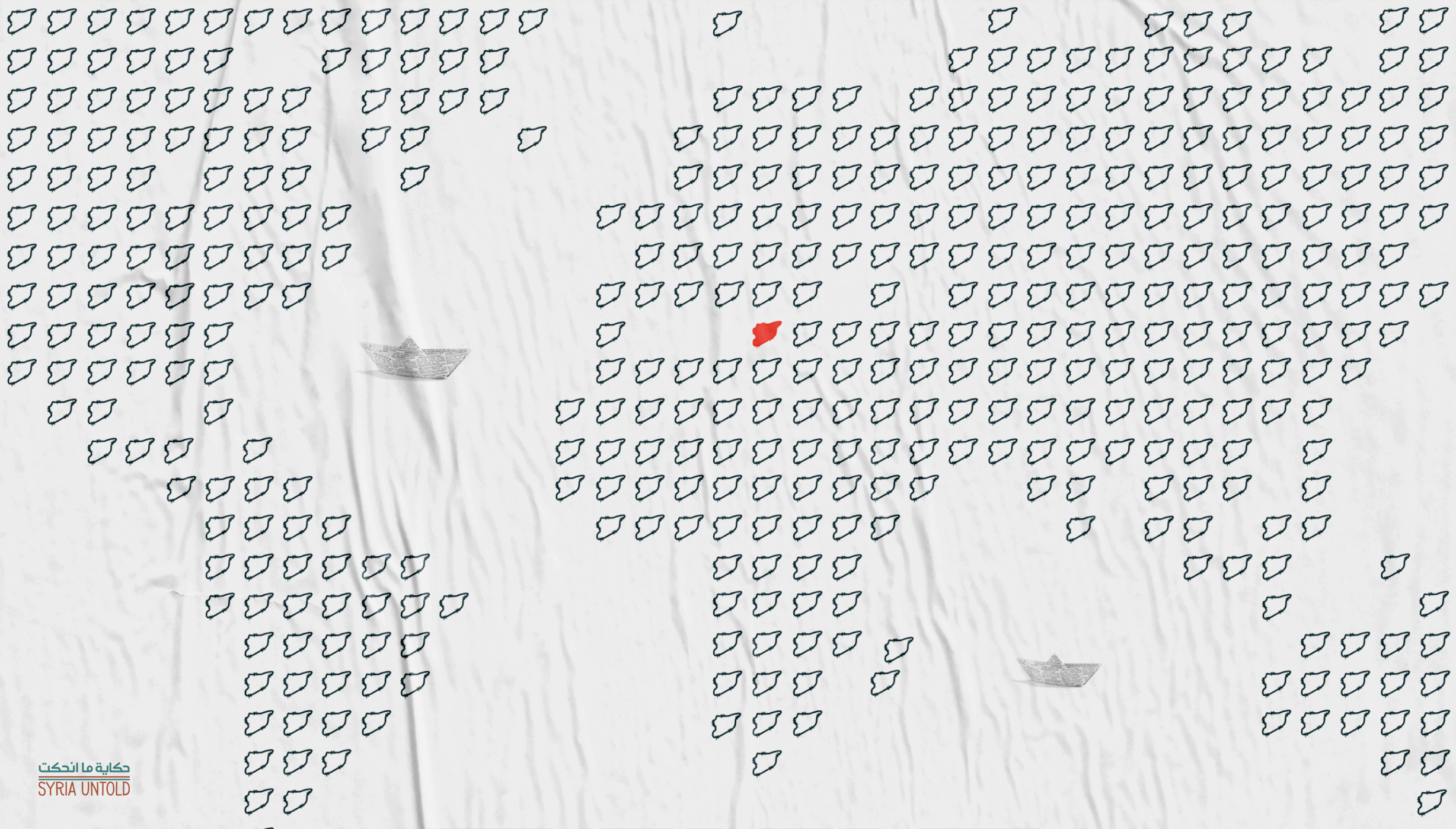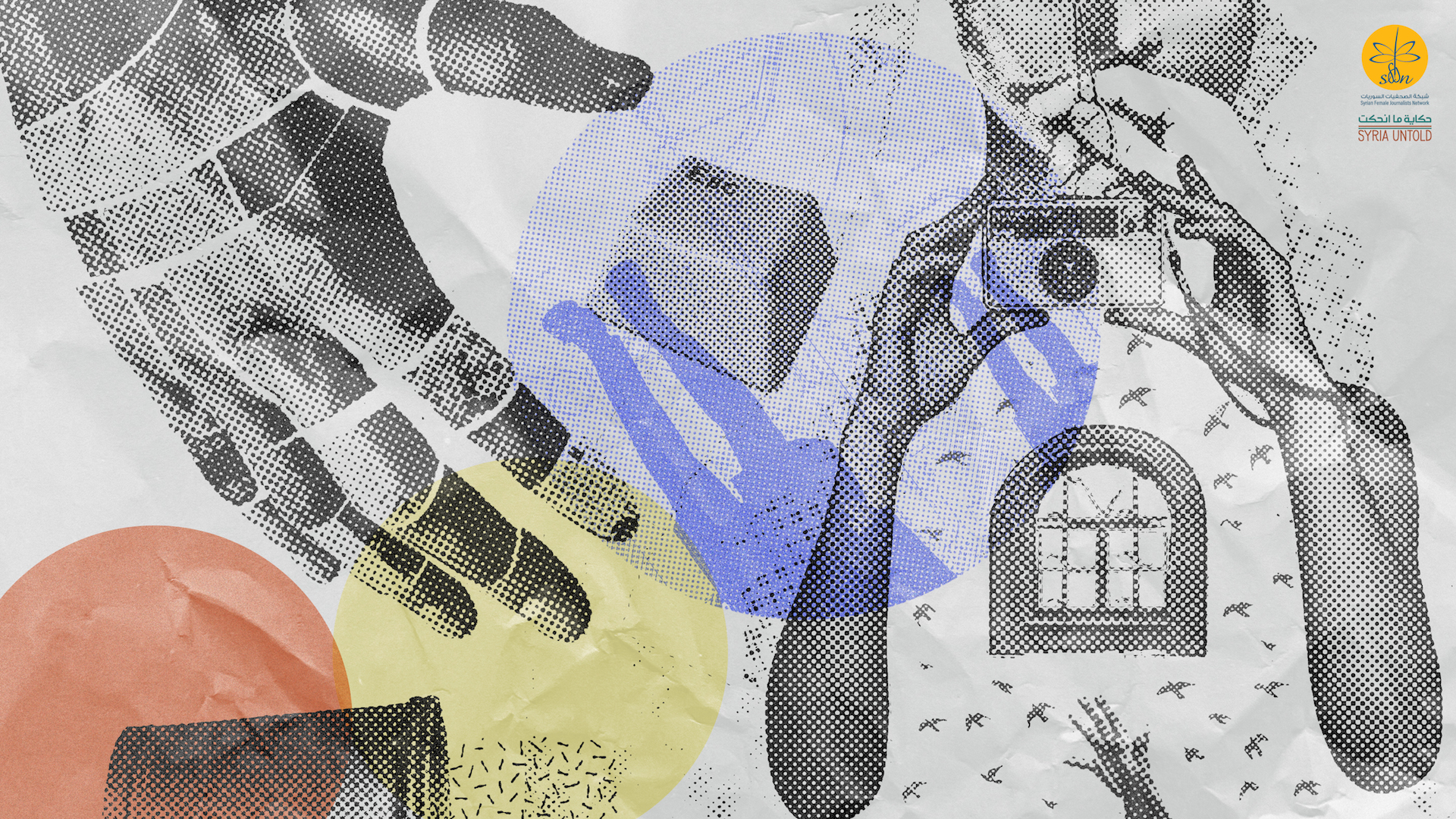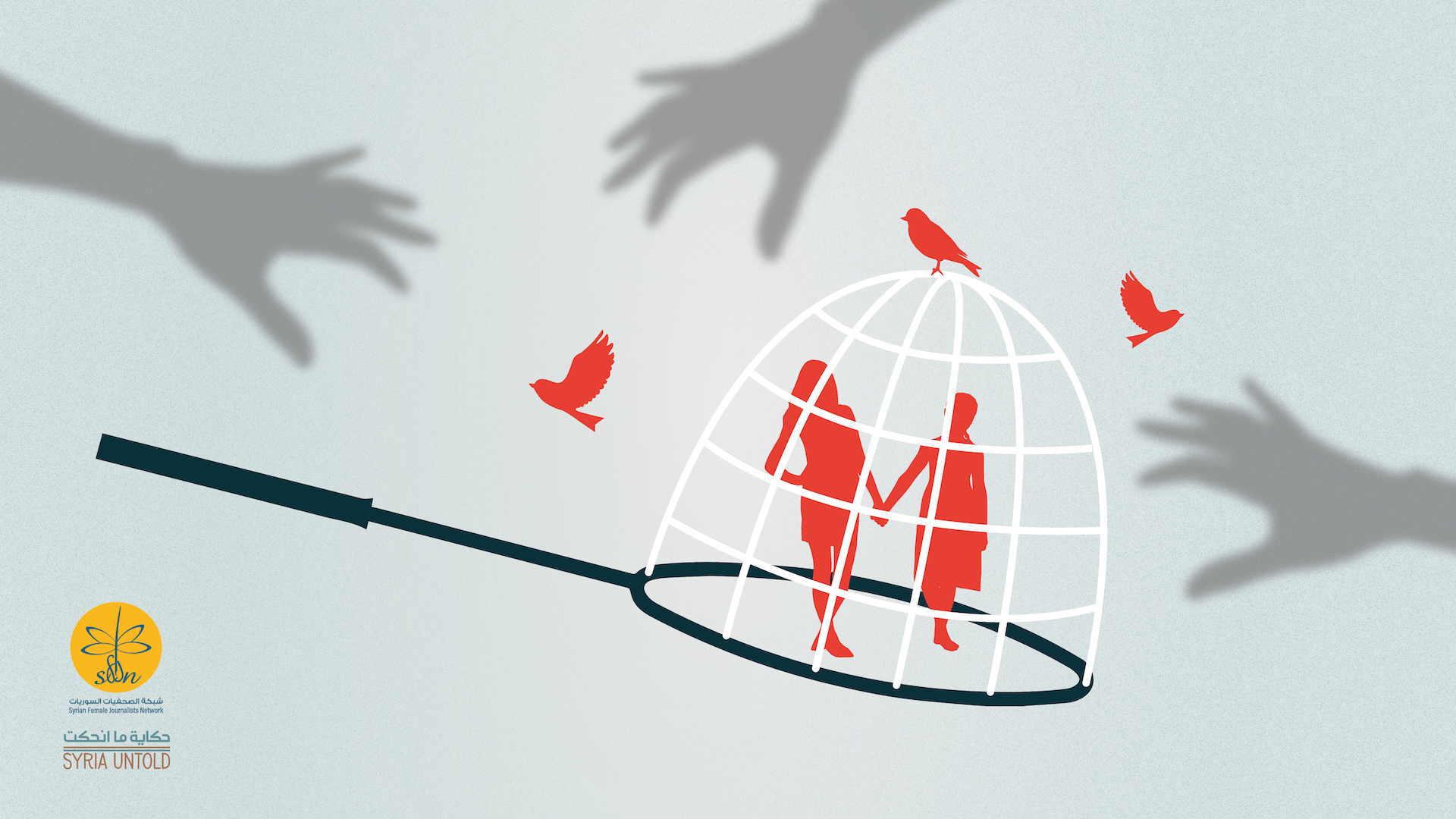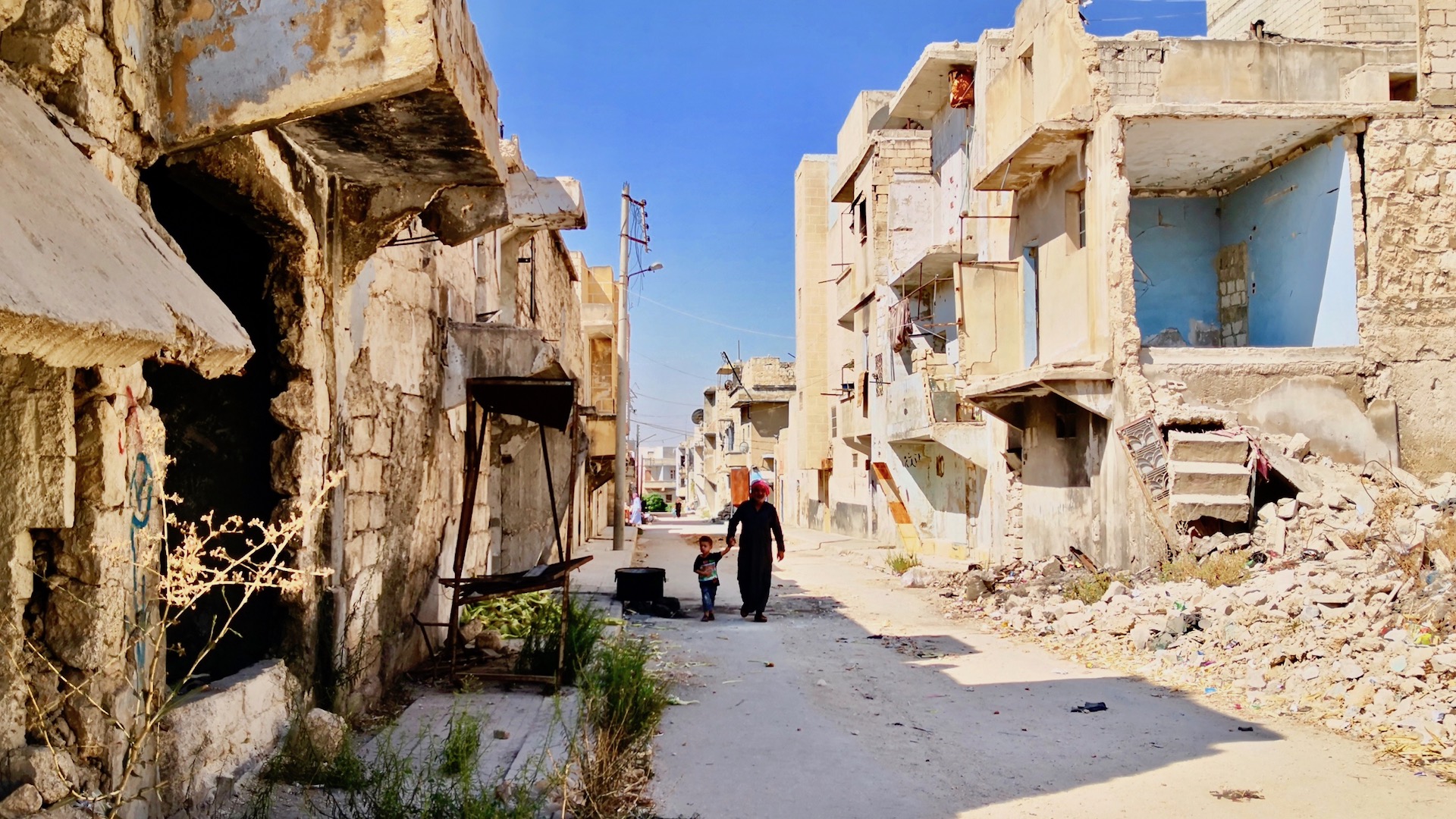Robert Fisk: Middle East correspondent or novelistic storyteller? (The Critic)
“Fisk’s novelistic storytelling ensured that his editors continued to value his contributions beyond their accuracy, and his personal courtesy bound them to him. His documented propensity for distortion and factual errors, in his books and his journalism, never appeared to occasion a tighter editorial rein.
There were always reasons for this–some justifiable, others not. Fisk was a seeming specialist in a sea of generalists, who–one can only guess–thought they could not presume to correct him. But beyond this came a degree of deference that seems anachronistic. The first series of death notices erroneously maintained that Fisk was fluent in Arabic, despite evidence the man himself continually produced to the contrary. So beholden were some non-Arabists to the image of Fisk as their guide to an unfamiliar world.” Read more
Distorting Syria
23 July 2020
The drama queen of quarantine
23 June 2020
Je suis Charlie in east Aleppo (Newlines Magazine)
“‘I know what it means to be scared & unfairly killed by criminal terrorists. I am #Syrian I do feel your pain. Je suis #Syrien. #JeSuisCharlie.’
Overnight, the tweet attracted thousands of reactions, and the picture made its way to Facebook, the platform I feared most, because many of the fighters and activists in the city were active on it.
I kept my head down the whole day as debates swirled around me. Online and in person, reactions ranged from those saluting the “courageous woman” supporting the journalists killed by jihadists, while others accused me of being brainwashed, a woman risking her life to be ‘liked’ by the ‘West.’” Read more
Mayday (BBC Radio 4)
“A series about James Le Mesurier, who was found dead in a street in Istanbul in November 2019. Le Mesurier co-founded a Syrian civil defence force called the White Helmets who filmed themselves pulling survivors and bodies from the rubble of bombed out buildings. They, along with Le Mesurier, found themselves at the very center of a global race to control the narrative of the Syrian war. Was Le Mesurier a British spy? Who were the White Helmets really working for? Was the devastating, electrifying footage they were uploading to YouTube simply faked? How could any of the rest of us ever tell?” Listen
US imposes new sanctions on Syria (The Hill)
“A statement from the Treasury Department indicated that a handful of high-ranking Syrian government officials as well as several companies based in Syria and Lebanon would face sanctions under the US’s efforts to punish any entities that do business with Damascus's petroleum industry.
Among those sanctioned were General Ghassan Jaoudat Ismail, head of Syria's Air Force Intelligence, and Amer Taysir Khiti, a Syrian representative in the Parliamentary Assembly of the Mediterranean.” Read more
Syrian Kurdish commander sees chance to ease tensions with Turkey under Biden (Al-Monitor)
“In an hour-long interview conducted via Signal just hours after Biden’s victory was announced on Nov. 7, Kobane told Al-Monitor that the former vice president's election may well spell change in Ankara’s behavior. Squeezed by a mounting economic crisis and potential US sanctions over the acquisition of Russian S-400 missiles, Turkey’s President Recep Tayyip Erdogan could prove more amenable to peace with Syria’s Kurds. His wilting poll numbers are another compelling reason to attempt a reset with the Kurds. Whether that will be enough to salvage his 18-year-old administration is a question mark. In any case, Kobane said he is willing to talk peace with Turkey without any pre-conditions and might even consider mediating between Turkey and the Kurdistan Workers Party (PKK), provided that Ankara acts in good faith.” Read more
Syria seeks return of refugees, but they fear leader’s wrath (The New York Times)
“Since the war in Syria began with Arab Spring protests calling for Mr. al-Assad’s ouster, more than half of the country’s prewar population has been displaced and its refugee crisis has grown into one of the Middle East’s most pressing humanitarian issues.
‘Hostages’ of Assad under the Caesar Act
16 July 2020
More than 5.5 million Syrians have been registered as refugees by the United Nations, most of them living in Lebanon, Turkey and Jordan. More than a million more have migrated to Europe, and refugee experts say they do not expect large numbers of the displaced to go home unless fundamental changes take place inside Syria itself.” Read more
Uprooted by war, Syrians settle on ruins of Roman temple (AFP)
“Abdelaziz al-Hassan did not want to live in an overcrowded camp after fleeing war in northwestern Syria, so instead his family pitched a tent in the ruins of a Roman temple.
He, his wife and three children are among almost one million Syrians who fled their homes last winter during a Russia-backed offensive on Syria's last rebel stronghold of Idlib.
In the UNESCO-listed site of Baqirha, near the Turkish border, they are now among dozens of Syrians uprooted by war who have settled among centuries-old Roman and Byzantine ruins.” Read more
German joins lawsuits against Syrian torture regime in legal first (Deutsche Welle)
“Aid worker Martin Lautwein said only his German passport and Czech diplomatic intervention freed him from Syrian intelligence service brutality in 2018, enabling him and an Australian friend to return home.
‘Now, I want to use my privilege to make people in Germany aware of what happens every day in Syria,’ Lautwein said in remarks published by the European Center for Constitutional and Human Rights (ECCHR) in Berlin Tuesday.
Germany's federal prosecutions office in Karlsruhe said Lautwein's case had been the subject of investigations over the past two years.” Read more
Outgoing Syria envoy admits hiding US troop numbers; praises Trump’s Mideast record (Defense One)
“Four years after signing the now-infamous ‘Never Trump’ letter condemning then-presidential candidate Donald Trump as a danger to America, retiring diplomat Jim Jeffrey is recommending that the incoming Biden administration stick with Trump’s foreign policy in the Middle East.
But even as he praises the president’s support of what he describes as a successful ‘realpolitik’ approach to the region, he acknowledges that his team routinely misled senior leaders about troop levels in Syria.
‘We were always playing shell games to not make clear to our leadership how many troops we had there,’ Jeffrey said in an interview. The actual number of troops in northeast Syria is ‘a lot more than’ the two hundred troops Trump agreed to leave there in 2019.” Read more
In ruins, Syria marks 50 years of Assad family rule (AP)
“On Nov. 13, 1970, a young air force officer from the coastal hills of Syria launched a bloodless coup. It was the latest in a succession of military takeovers since independence from France in 1946, and there was no reason to think it would be the last.
Yet 50 years later, Hafez Assad’s family still rules Syria.
The country is in ruins from a decade of civil war that killed a half million people, displaced half the population and wiped out the economy. Entire regions are lost from government control. But Hafez’s son, Bashar Assad, has an unquestioned grip on what remains.” Read more
Syria: Lack of adequate COVID-19 response puts thousands of lives at risk (Amnesty International)
“Relatives of COVID-19 patients, medical professionals and humanitarian workers have told Amnesty International that public hospitals have been forced to turn patients away due to a lack of beds, oxygen tanks and ventilators. In desperation, some residents have been forced to rent oxygen tanks and ventilators at exorbitant fees. Thousands of lives, including those of health workers, continue to be at risk with no transparent and effective information, or testing.” Read more









